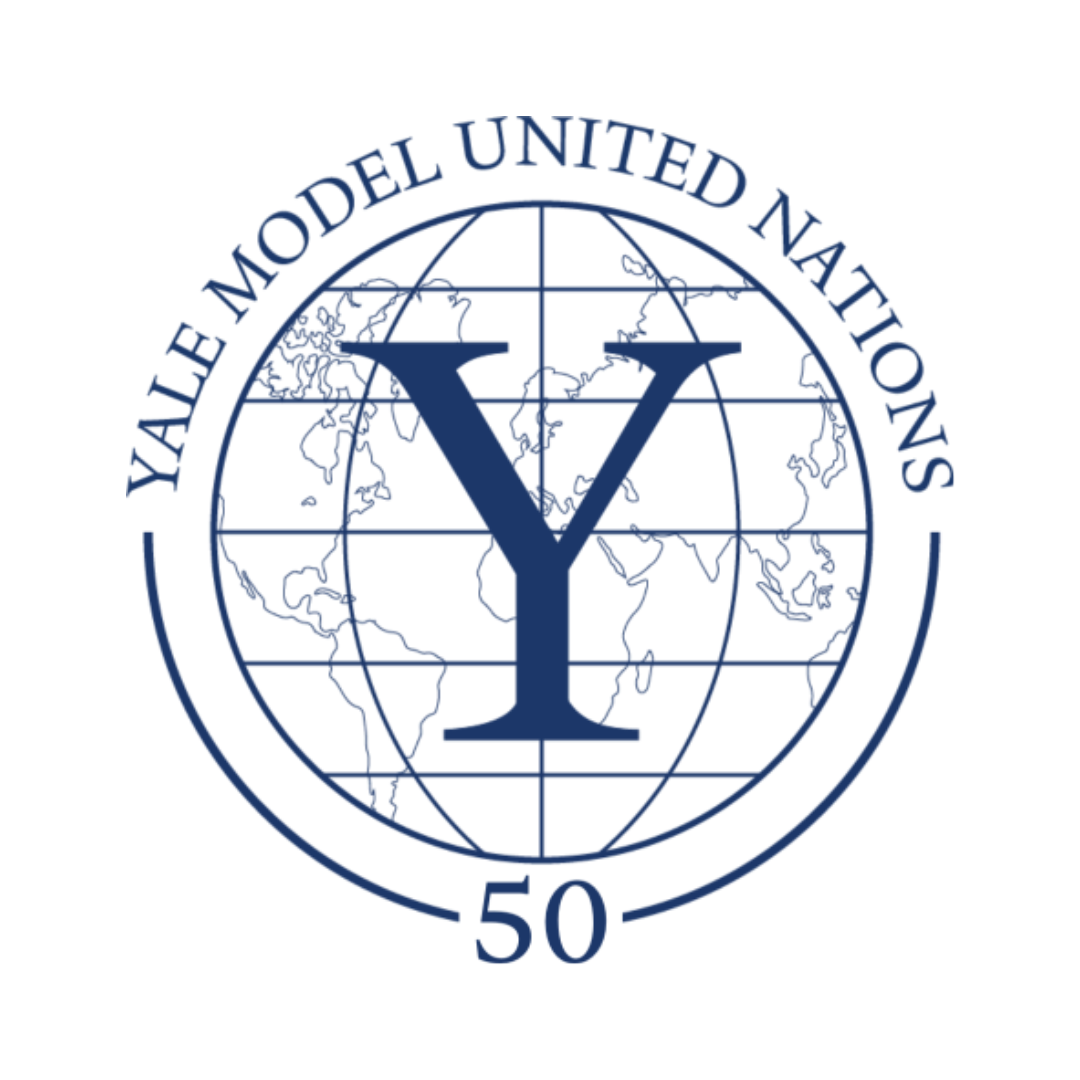NGOs and their Impact: More Good or Harm?
By Katie Jain
NEW YORK (UN Press Corps) - Countries across the world depend on NGOs to intervene in humanitarian crises, but what many don’t realize is that this form of humanitarian aid is riddled with corruption, ulterior motives, and a lack of sufficient oversight. In numerous cases, NGOs have even undermined their own purpose. This weekend, delegations from over 80 nations are meeting in a the UN’s Disarmament and International Security Committee (DISEC) to discuss this global impact of and solutions for this problem.
NGOs are, in essence, private business running on funds from states and private donors. To receive donations, they must report the positive results that their support wants to see, thus opening the door to exaggeration or complete falsehoods regarding the work each NGO has actually accomplished and undermining the search for true, sustainable results. This business model facilitates corruption and bias, as those donating can—more or less—direct the places their money goes.. Moreover, a common concern many developing nations have is that Western countries will use NGOs as a method of neocolonialism or exploitation as majority donors have significant sway in where humanitarian aid goes and can pull it out if a struggling nation doesn’t abide by their terms. The Delegation of Turkey weighed in on this stating that such exploitation, “is absolutely ridiculous and shouldn’t be allowed.” According to aid agency reports from 2008, 40 percent of aid goes back to the donor country through corporate profits and consultant strategies—meaning that from the start, the more economically advantaged nation is benefiting almost as much as the nation they are supposed to be helping. As the delegation of Sweden put it, “NGOs have become more about quantity than quality, and we need to combat that.”
Throughout the committee sessions, countries such as Russia, Mexico, Germany, Oman, Turkey, and Sweden have shown themselves to be prominent voices in debate, but according to the Delegation of Sweden, “Everybody believes that NGOs need to be rid of corruption. We’re all working with the same goals in mind, but the question is whether or not we will be able to unite to pass a resolution that benefits the countries being affected here.”
Additionally, many of the nations deliberating over this situation are directly affected by it. From Sweden, who is a large donor and therefore loses significant money by investing in NGOs that conflate their success rates, to Mexico who, as the Delegation of Mexico stated, “really suffers from that because the US, who is our biggest funder, plays conditional aid, which deteriorates our economy.” Even those who are not currently being affected are looking to help.
“Germany’s mantra is to provide localized solutions to often overlooked problems, and in that way I know that Germany right now is both focusing on big issues in Yemen and looking towards smaller issues such as food security in Ukraine,” the Delegate from Germany said. “What we’re trying to do is get local, and not just stand back and put NGOs in. We want communication efforts to ensure that everyone’s voice is heard.”
Sweden, Oman, Lithuania, and Germany are working together in the Communication, Association, Security, and Transparency (CAST) bloc, and have already discussed a variety of solutions, such as assembling subcommittees to provide help to NGOs, instituting a new metric system for creating aid based in poverty and inequality, and establishing communication efforts between various nations. The delegation of Lithuania emphasized the need to “ensure aid doesn’t get put into the wrong hands.”
While the CAST bloc has seven, in-depth clauses to help this issue, their focus on how to prevent developing nations from exploiting NGOs seems very minimal. Conversely, the NGO Assisting, Monitoring, and Enlisting (NAME) bloc did touch on this briefly, with one member, Mexico, explaining that they plan to implement “guidelines for NGOs in countries, regarding requirements for when they provide humanitarian aid, such as discouraging conditional aid.”
In addition, according to the Delegation of Turkey, the final major bloc of the committee, the Six Point Solution bloc, is working to get to the root of the issue and therefore prevent the need for humanitarian aid to, “stop nations from continuing to throw money at various issues that might have been preventable.”
Though currently DISEC seems somewhat divisive, with each delegation claiming their plan is the most comprehensive, every bloc touched on one common issue: the need for NGOs to emphasize quality over quantity—something that, apparently, is not currently happening. There is a ways to go before this problem is solved, but if this committee can collectively manage to put their political biases aside, it is moving towards a successful resolution to an under-addressed conflict.
